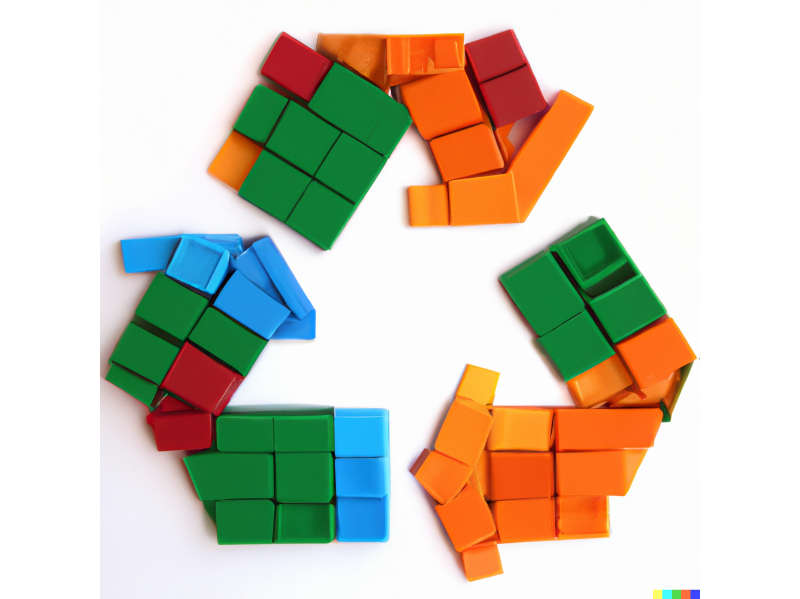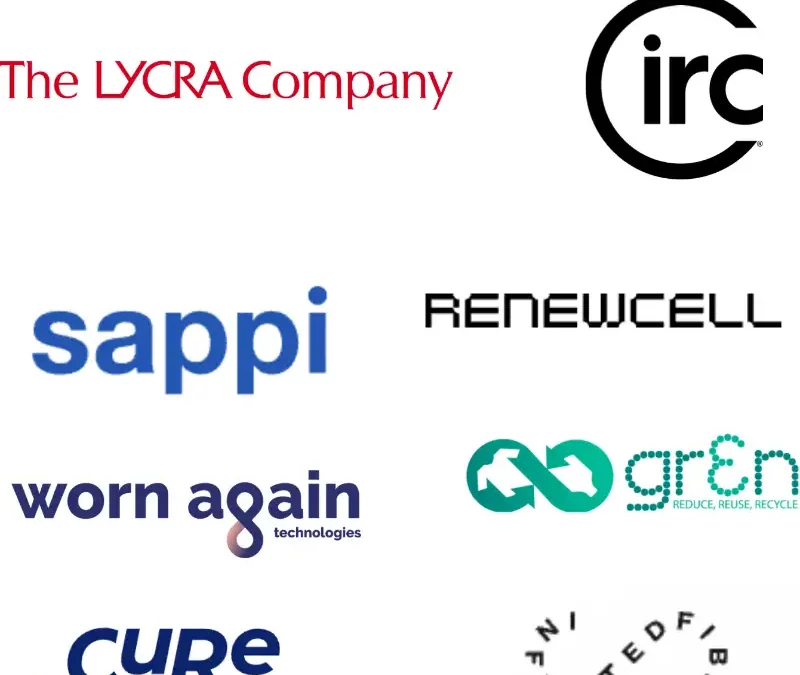Nov 23, 2023
Process Engineer (m-w-d) Circular Recycling of Mixed-Textiles to Polyester (PET) and Cellulose at Worn Again About Worn Again Worn Again was born out of a vision to eliminate textile waste and create a world where resources are kept in a constant cycle. Challenge:...

Nov 8, 2023
About Us News Worn Again Technologies is continuing to enable a Circular Economy for Switzerland. In partnership with Institut für Werkstofftechnik und Kunststoffverarbeitung (IWK), Worn Again, Sulzer and others have succeeded in their joint bid for grant funding from...
Nov 2, 2023
Techno-economic Analysis (m-w-d) Circular Recycling of Mixed-Textiles to Polyester (PET) and Cellulose at Worn Again About Worn Again Worn Again was born out of a vision to eliminate textile waste and create a world where resources are kept in a constant cycle....
Oct 31, 2023
Control Engineer (m-w-d) Circular Recycling of Mixed-Textiles to Polyester (PET) and Cellulose at Worn Again About Worn Again Worn Again was born out of a vision to eliminate textile waste and create a world where resources are kept in a constant cycle. Challenge:...

Sep 29, 2023
About Us News Worn Again Technologies joins pivotal alliance to advance a circular, waste-free textile future Worn Again Technologies, a pioneer in the true circular economy for textiles, has announced its membership of the newly formed Alliance of Textile Chemical...


